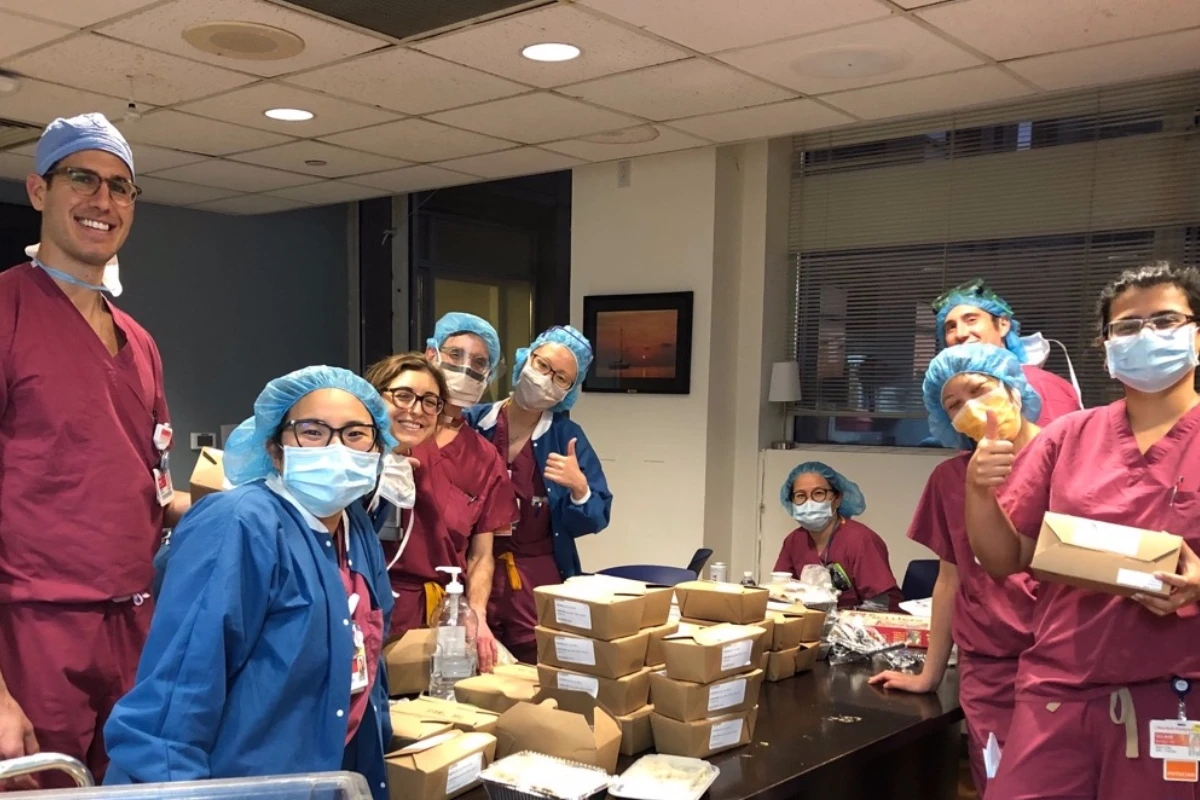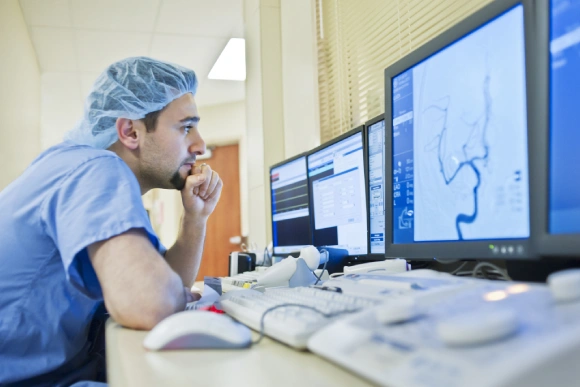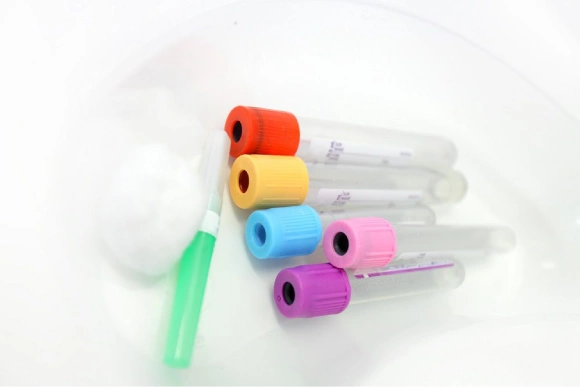Phlebotomists must be highly trained in their work, as blood is considered a hazardous material and mixed-up lab results can cause serious problems. It is no surprise, therefore, that phlebotomy is a valued skill in medical settings, and that those who learn that skill can take their medical careers to the next level. If you are wondering about becoming a phlebotomist, you should consider factors such as the necessary training, the settings you might work in, available job opportunities, and the difference between starting your career as a phlebotomist and adding the skill on after you’ve been working in the medical field for a while.
Required Classes and Training
Becoming a Certified Phlebotomist Technician requires at least a high school diploma. You must also complete a training program to learn the basics of phlebotomy, including drawing blood, proper storage and sanitation, and more. Phlebotomy is a dangerous profession, because you work with a variety of patients, some of whom have serious diseases transmissible by blood, so a solid education is required before entering the field. Lastly, you must qualify for and pass the CPT test.
Work Settings
Phlebotomists work in a variety of settings, including blood banks, where blood is donated and parceled out to people who need transfusions. Others work in hospitals, laboratories, clinics, nursing homes, doctor’s offices, or community centers that provide free or reduced-cost medical services.
Recommended for you
-
Medical Assistant Program
Take our accelerated Medical Assistant with Clinical Labs program at our Arlington campus and start a new career in as little as 8 months!
Radiology Technician Training
Take our accelerated Radiology Technician Training program at our Arlington campus and start a new career in as little as 8 months!
Medical Billing And Coding Specialist Program
Our 100% online accelerated Medical Billing and Coding Specialist Program makes it possible for you to train for a new career in as little as 25 weeks!
Pharmacy Technician Training Program
Our 100% online accelerated Pharmacy Technician Training program makes it possible for you to train for a new career in as little as 25 weeks!
Online Medical Assistant Program
Our 100% online fast track Medical Assistant program makes it possible for you to train for a new career in as little as 6 months!
Job Opportunities and Pay
Phlebotomists start out making about $30,000, according to a Bureau of Labor Statistics 2012 estimate. The field is growing rapidly, at a rate of 27 percent between 2012 and 2022, making it a good time to earn a phlebotomy degree.
Starting a Phlebotomy Career
If you have no experience in medicine that might have provided training in phlebotomy skills, you must complete a training program to learn the basics of drawing and handling blood. Such programs generally last less than a year, after which you can seek work and be hired immediately.
Adding Phlebotomy to an Existing Skill Set
If you have already been working in the medical field for a while, you can become a Certified Phlebotomy Technician with a minimum amount of additional training, since you can prove you’ve already worked in a medical setting and already have training in phlebotomy. However, even if you qualify for the test without additional training, you must still pass it in order to become a credentialed CPT.
Overall, phlebotomy makes an excellent addition to a previous medical career, or provides a great launching point for a new one. Whether a medical professional chooses to start with phlebotomy or add it on later, learning the skill offers valuable expertise that makes landing the right job and the desired level of compensation more likely, both immediately and in future.

Related Articles

















